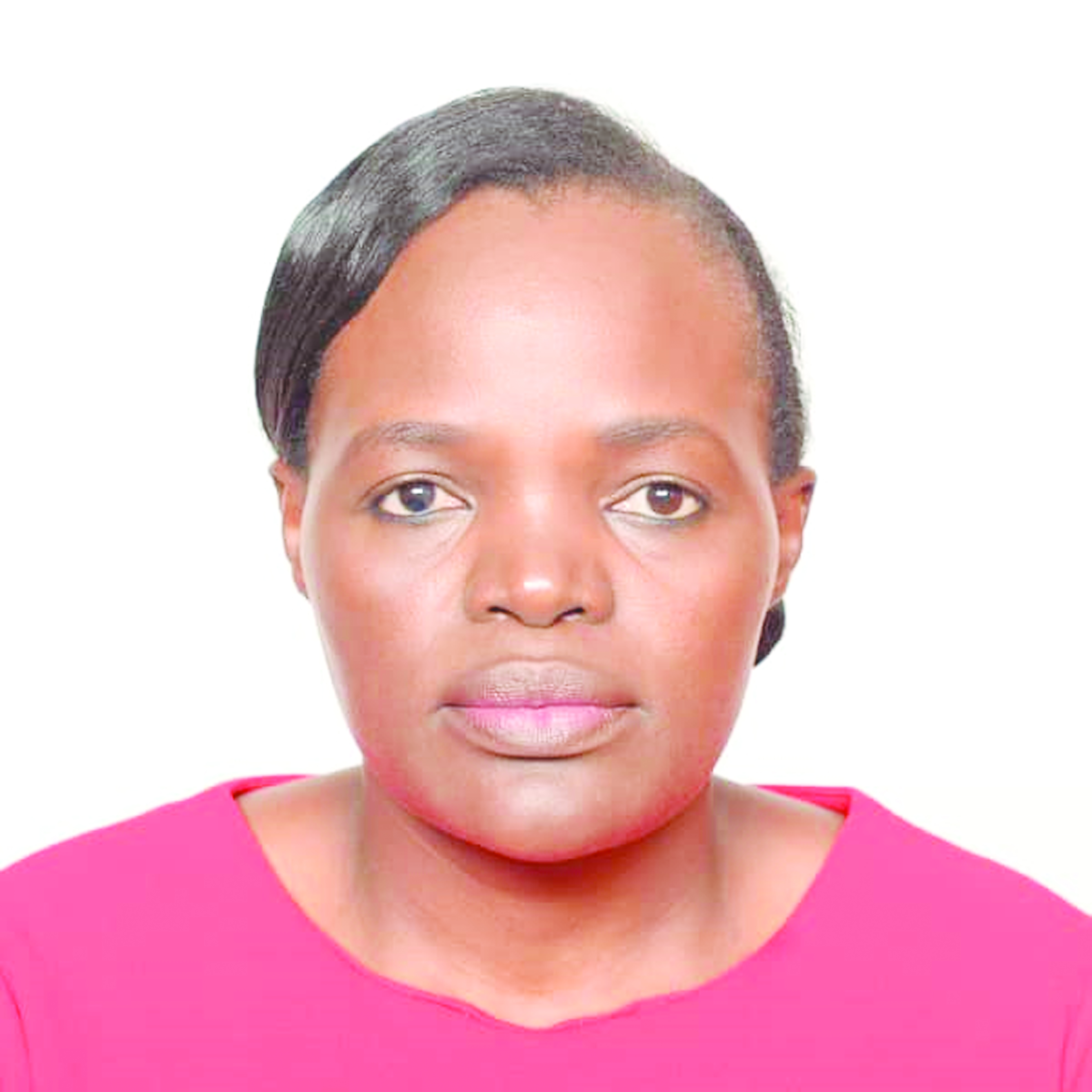
Mining & Trade News
Malawi Online News
Top Stories
Mining
New MAWIMA President unveils agenda to support women miners
October 17, 2025 / Modester Mwalija

Simbeye: Safety is a priority
The newly elected President of the Malawi Women in Mining Association (MAWIMA) Ashley Simbeye says she will prioritize empowerment, safety and fair representation of women in mining establishments in the country.
Simbeye told Mining & Trade Review that her victory at MAWIMA polls was both an honour and a responsibility, one she intends to carry with humility and determination.
“I feel deeply honoured, humbled and inspired to be entrusted with this role. This is not just a position for me but also a call to serve women in mining across Malawi, to amplify their voices and ensure they take their rightful place in the mining sector,” she said.
Simbeye explained that her election comes at a time when women miners are grappling with significant challenges ranging from unsafe working environments to limited access to resources.
She said, “I will push for stronger enforcement of safety standards, for accessible protective gear and for community-led safety committees where women miners themselves take part in monitoring and accountability.”
While safety is a pressing concern, Simbeye also noted that women in mining face a broader set of barriers including poor working conditions, limited representation in policy spaces, economic vulnerability and cultural stereotypes that undermine their contributions.
She said in addressing these challenges, MAWIMA will assist in building solidarity among women miners while advocating for gender-sensitive policies at national level.
“Being elected means so much more than holding a title. It reflects the confidence and hope my fellow women miners have placed in me. That trust fuels me to work harder to bring about meaningful change. I may feel overwhelmed sometimes, but I am fueled by passion and commitment to serve,” she said.
Simbeye revealed that her strategy will rest on three interconnected pillars namely safety and health, economic empowerment and advocacy. Under economic empowerment, she intends to champion training programs, access to credit and market linkages that will allow women miners to maximize the value of their work.
“We have women producing gemstones, quarry products, and small-scale gold, but most of them sell their minerals informally at low prices. With proper training, financial literacy and market connections, these women can turn their mining into viable businesses that support their families and communities,” she said.
Simbeye also stressed the need to decentralize MAWIMA’s structures so that women miners in rural districts are not excluded from the association’s programs.
“Our association must reach women on the ground. Decentralization will ensure that those in remote areas, who often face the toughest conditions, also have a voice and access to opportunities.”
She said her leadership will focus on ensuring that women miners are visible in decision-making spaces.
“Too often, women miners are left out of the big policy discussions about mining in Malawi. I want to see our voices included when laws, regulations and investment decisions are made.
Women make up a significant part of the workforce in artisanal and small-scale mining and their input should never be an afterthought,” she said.
Reflecting on her journey to leadership, Simbeye said she sees her election as a symbol of what is possible when women unite around a shared vision. She described MAWIMA not only as a professional platform but also as a community where women miners support and uplift each other.
She said, “this presidency belongs to all women in mining as much as it belongs to me. Together we will shape a future where our contributions are visible, valued, and celebrated. With unity, we can turn our challenges into opportunities and build a stronger, safer, and more inclusive mining sector for all.”
President of the Federation of Women and Youth in Mining (FWYM), Annie Kamanga, called on the newly elected leadership of MAWIMA to prioritize licensing for women miners, strengthen member engagement and advance women’s participation across mining value chains.
“If women miners are given the tools, financing and recognition, we can turn a lot of minerals into both livelihood opportunities and a solution for Malawi’s mining and economic sector,” Kamanga said.
Founded in 2014, MAWIMA is a membership-based organization that represents women in Malawi’s artisanal and small-scale mining sector. The association advocates for better working conditions, provides training and networking opportunities and works to advance the participation of women in the industry.































